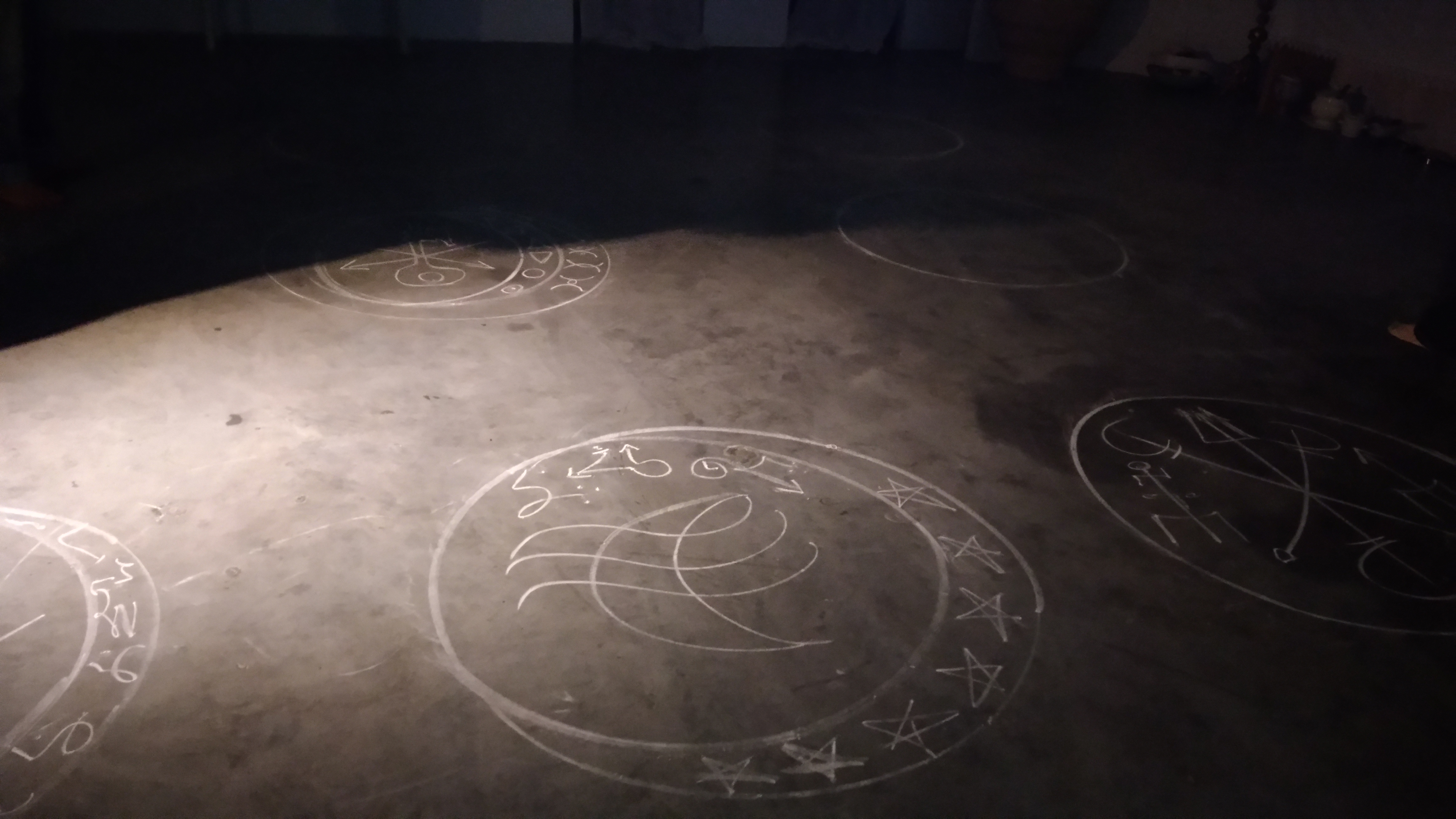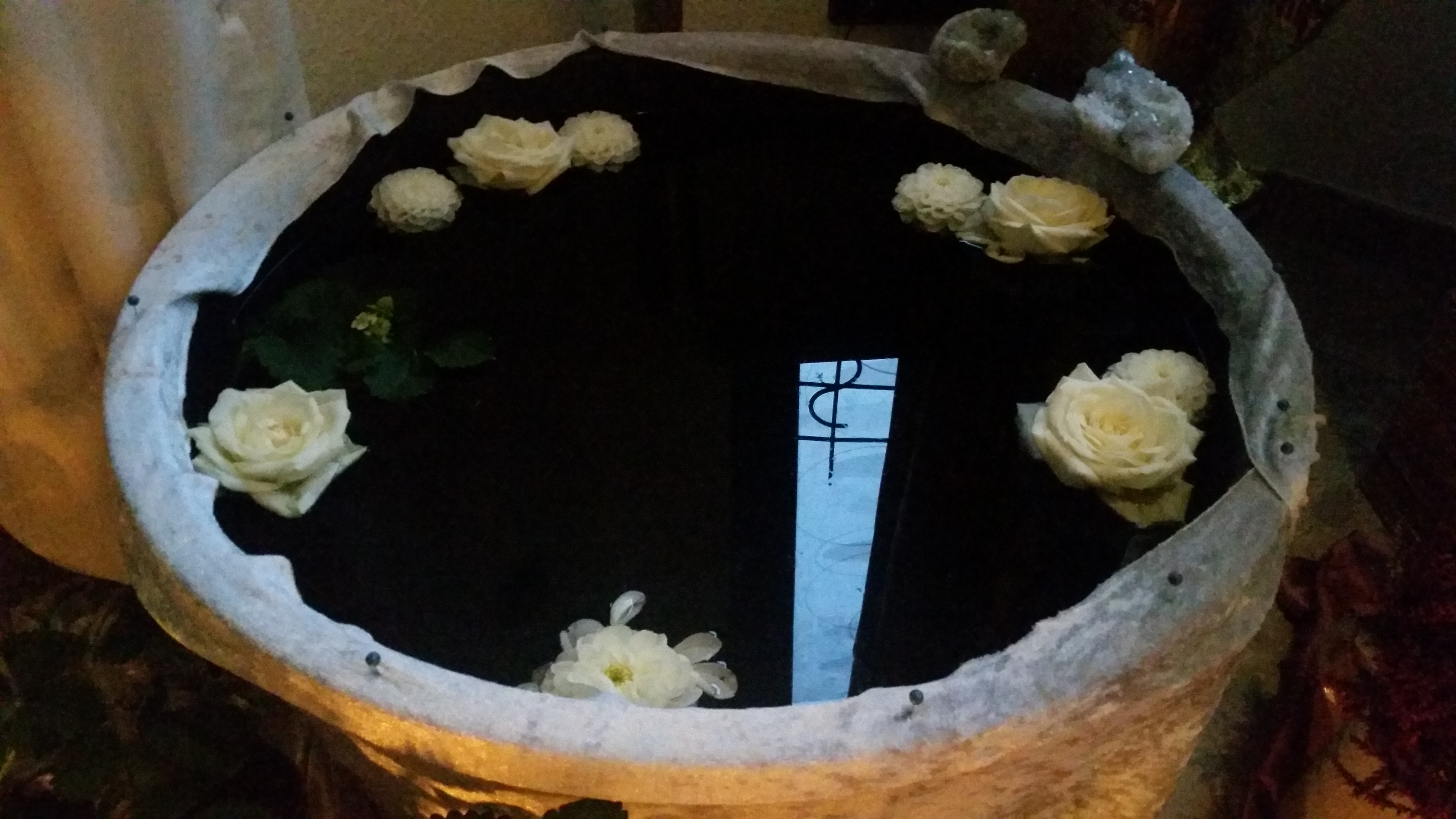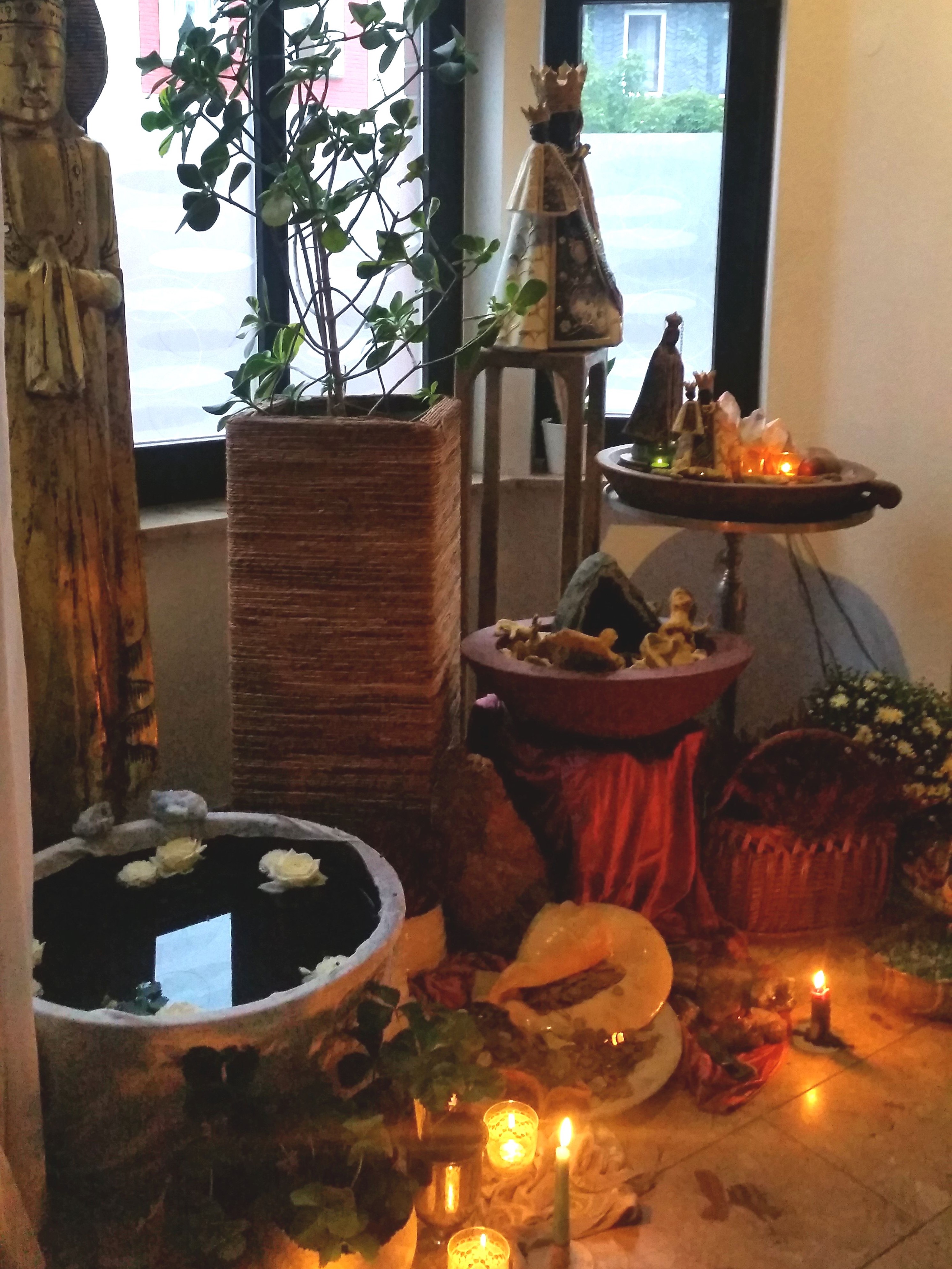An Interdisciplinary Approach to the Borders of Religion
Marcello Múscari’s perspective on his research stay at the a.r.t.e.s. Research Lab
von Marcello Múscari
Since my third year as an undergraduate student, I have been conducting research on the limits of and possibilities for religious existence in modernity. Particularly, I have been interested in developing an interdisciplinary approach to what I call the borders of religion: its frontiers with regard to fields such as science, technology and politics. As part of my Ph.D. in Social Anthropology at the São Paulo University in Brazil, I am studying the establishment of the first Umbanda Afro-Brazilian religious temple in Germany through fieldwork at “Sansorio – Casa St. Michael”, a therapeutic-religious institution that has been situated in Cologne for ten years.
My first contact to them happened three years ago when I met one of their leaders in São Paulo one week after coming back from the first instance of the Cologne Summer School of Interdisciplinary Anthropology organized by Dr. Johannes Schick. After having established this first contact in São Paulo, I came back to Cologne with the support of Professor Martin Zillinger using a grant offered by “a.r.t.e.s. international – for all”, which allowed me to conduct three months of preliminary fieldwork with the religious group. With the financial support of the University of São Paulo, I managed to extend that stay for five more months in order to continue my research, develop closer ties to the a.r.t.e.s. Research Lab, and further improve my linguistic skills in both German and English.
As mentioned above, what initially attracted me to Cologne was the possibility of exploring my research questions in an interdisciplinary framework, which is still not an easy thing to do in most other departments. Although it is frequently stated that scholars should be able to think beyond the limits of their own disciplines, the dynamics of academic careers often drive us to increasing specialization, making interdisciplinary thinking a tricky pathway for young scholars. Thus, I am immensely grateful that the a.r.t.e.s. Graduate School enables and supports this kind of research.
After this first experience and preliminary fieldwork in Cologne, I applied for a DAAD scholarship, which is presently financing my research stay for up to two more years. In my current work, I investigate the transnationalization of Afro-Brazilian Religions to Europe through a focus on ritual action and its effects. This project addresses the role of imagination and creativity in ritual action, rituals and religion as technology-like procedures for (re)shaping both past and contemporary social relations, as well as intercultural learning as a means for enlarging human cognitive and existential possibilities.





